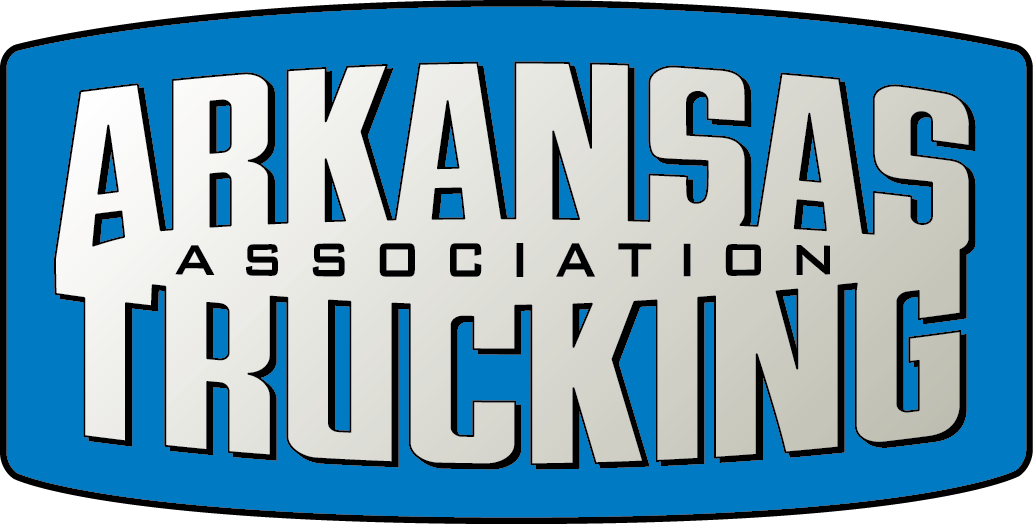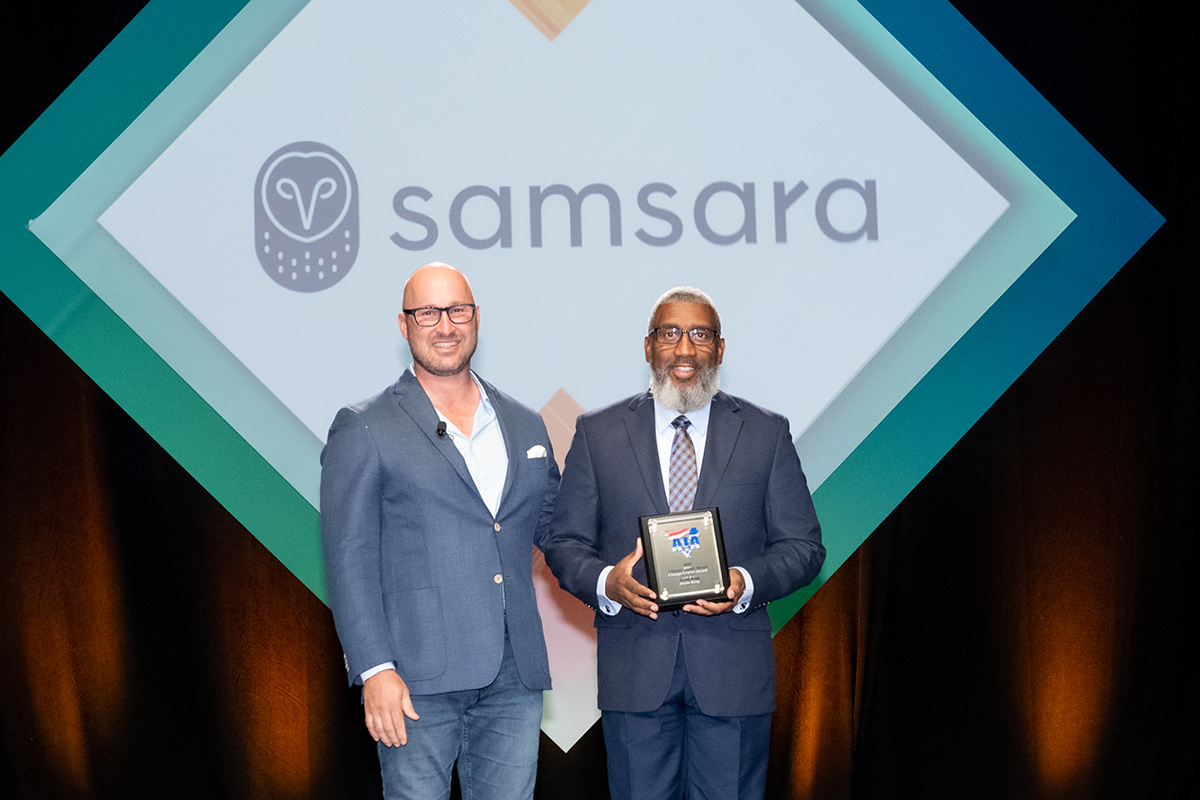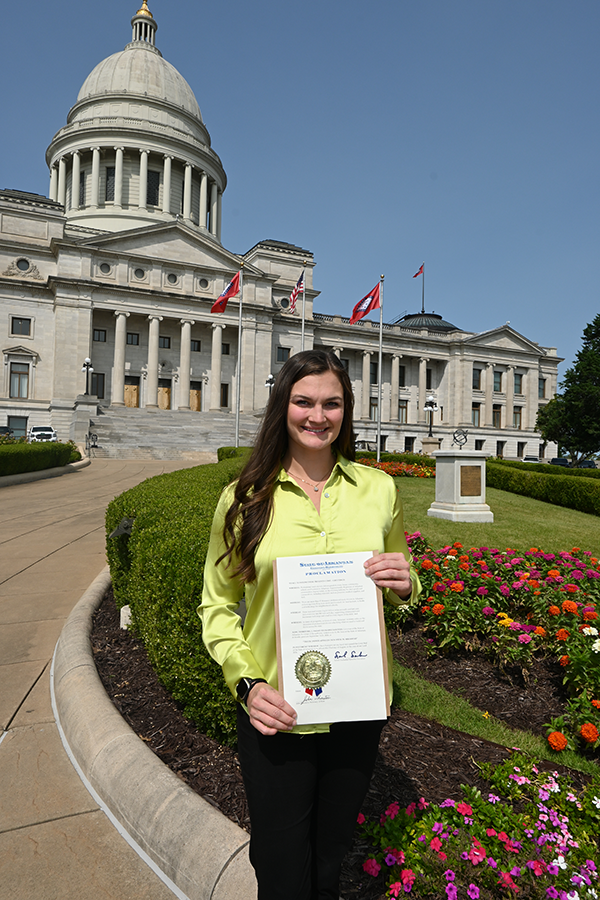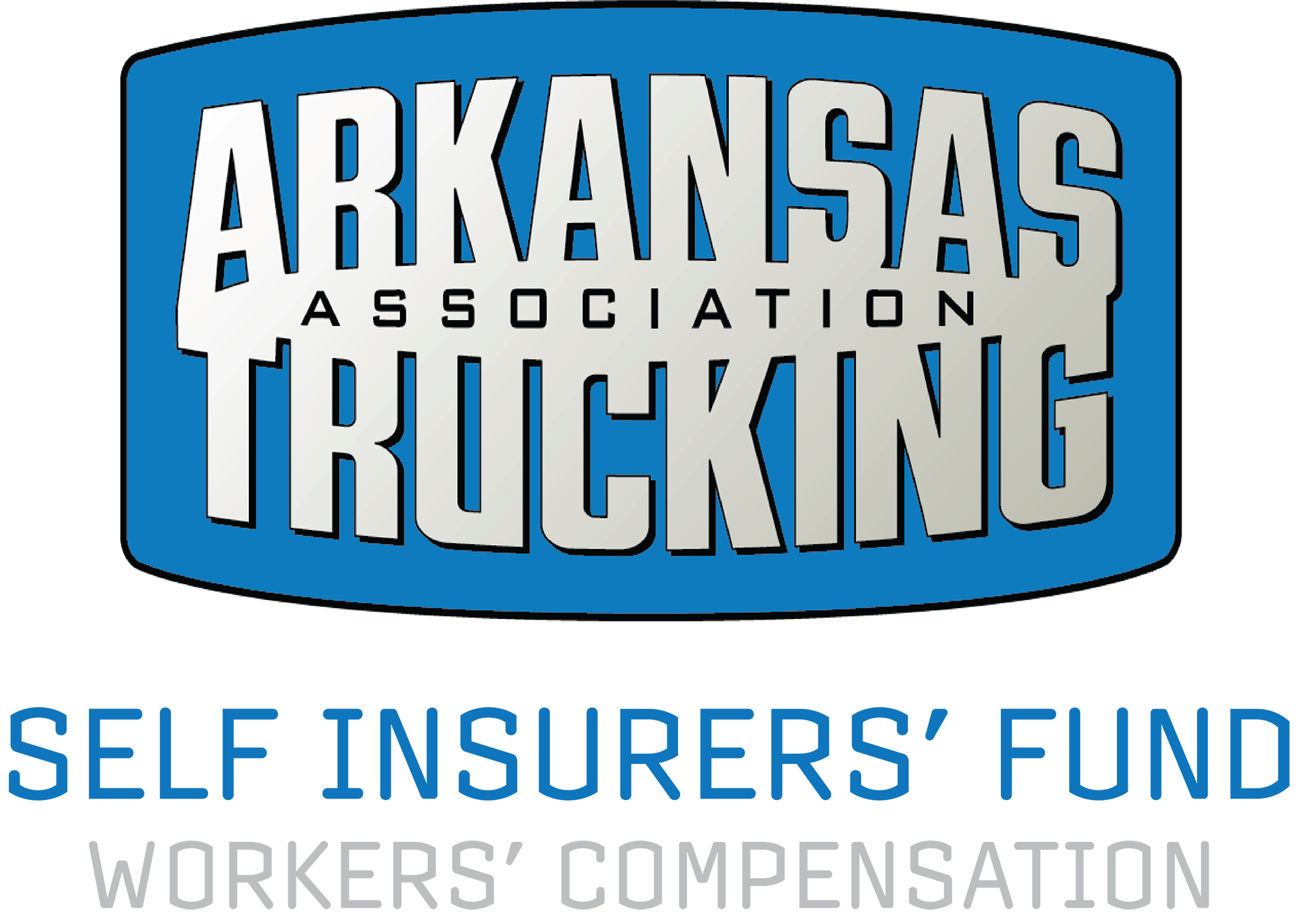The U.S. Department of Agriculture’s General Counsel Stephen Vaden issued a memo in May clarifying that the hemp can be transported over state lines according to new provisions in the 2018 Farm Bill.
Hemp and its seeds are no longer schedule 1 controlled substances, according to the Farm Bill, and while states and tribes can regulate hemp in their own jurisdictions, they will not be able to stop in from legally being produced in another jurisdiction and transported.
Industrial grade hemp is becoming an increasingly sought-after raw material for a growing array of industrial and consumer goods, including increasingly popular CBD oils, which are used for health purposes by many Americans. Hemp and marijuana are both types of the cannabis plant. But unlike marijuana, hemp does not contain enough THC chemicals to produce the “high.”
The memo came after several drivers were arrested for hauling hemp. In Idaho, a state that does not distinguish between hemp and marijuana, the accused face prison time for felony drug trafficking. Even when the product was determined to be hemp and found to contain no THC (a conclusion that was drawn after law enforcement ironically shipped the substance to a lab out of state), the charges were still not dropped.
The drivers’ employer Big Sky Scientific is suing the state to get the freight, truck and trailer back stating that the hemp was legally produced in Oregon and was being hauled to Colorado for processing. During its session, the Idaho House passed a bill that would legalize hemp. However when the Senate amended the bill to keep the substance illegal, but allow its transport, the House rejected the changes. The session adjourned with no changes to the status quo.



